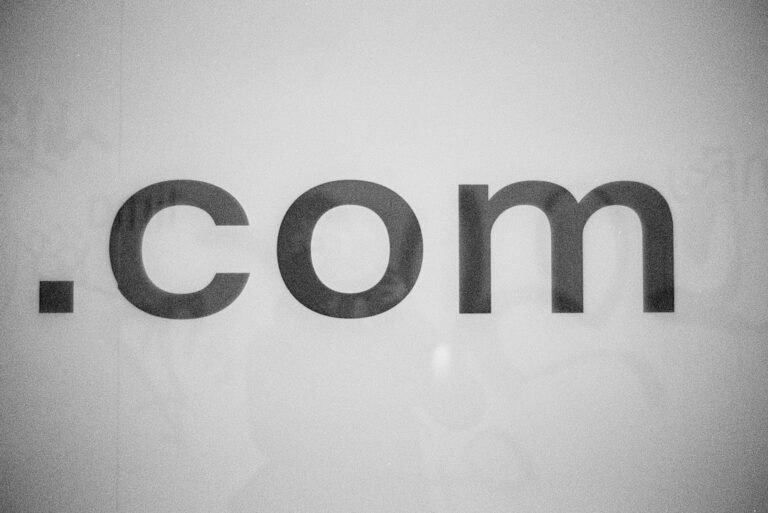b2b marketing automation strategy
In today’s fast-paced business landscape, B2B marketing automation has become an essential tool for companies looking to streamline their marketing efforts, enhance customer engagement, and drive revenue growth. A well-planned B2B marketing automation strategy can help businesses automate repetitive tasks, personalize customer interactions, and measure the effectiveness of their marketing campaigns. In this article, we’ll explore the key elements of a successful B2B marketing automation strategy and provide actionable tips for implementation.
Understanding B2B Marketing Automation
B2B marketing automation refers to the use of software platforms to automate and optimize marketing processes, such as lead generation, lead nurturing, and customer engagement. By automating routine tasks, businesses can free up resources, reduce manual errors, and focus on high-value activities like strategy and creative development.
Benefits of B2B Marketing Automation
The benefits of B2B marketing automation are numerous. Some of the most significant advantages include:
**Increased efficiency**:
Automating routine tasks allows marketers to focus on high-priority activities.
**Improved lead quality**:
Marketing automation helps businesses to better qualify leads and pass them to sales teams.
**Enhanced customer engagement**:
Personalized, automated interactions can improve customer satisfaction and loyalty.
**Data-driven decision-making**:
Marketing automation provides valuable insights into customer behavior and campaign performance.
Key Components of a B2B Marketing Automation Strategy
A successful B2B marketing automation strategy involves several key components. These include:
1. Defining Your Goals and Objectives
Before implementing a marketing automation platform, it’s essential to define your goals and objectives. What do you want to achieve through automation? Are you looking to increase lead generation, improve conversion rates, or enhance customer engagement? Establishing clear goals will help you to create a focused strategy and measure the effectiveness of your automation efforts.
2. Choosing the Right Marketing Automation Platform
Selecting the right marketing automation platform is critical to the success of your strategy. Consider factors such as:
**Ease of use**:
Choose a platform with an intuitive interface and minimal learning curve.
**Integration capabilities**:
Ensure the platform integrates with your existing CRM, sales, and marketing tools.
**Scalability**:
Select a platform that can grow with your business.
3. Segmenting Your Audience
Segmenting your audience is crucial to creating personalized, effective marketing campaigns. Use data and analytics to divide your audience into distinct groups based on factors such as:
**Demographics**:
Industry, company size, job function, etc.
**Behavior**:
Website activity, email engagement, social media interactions, etc.
**Stage in the buyer’s journey**:
Awareness, consideration, decision, etc.
4. Creating Engaging Content
High-quality, engaging content is essential to driving conversions and nurturing leads. Develop a content strategy that addresses the needs and interests of your target audience, including:
**Blog posts**:
Informative, thought leadership pieces that showcase your expertise.
**Email newsletters**:
Regular updates on industry trends, company news, and product offerings.
**Social media content**:
Engaging, bite-sized pieces that drive conversation and community building.
5. Setting Up and Tracking Key Performance Indicators (KPIs)
Establishing KPIs is vital to measuring the success of your marketing automation strategy. Track metrics such as:
**Lead generation**:
Number of leads generated, lead quality, etc.
**Conversion rates**:
Number of conversions, conversion rate, etc.
**Customer engagement**:
Email open rates, social media engagement, etc.
Best Practices for Implementing a B2B Marketing Automation Strategy
To get the most out of your marketing automation strategy, follow these best practices:
**Start small**:
Begin with a limited scope and gradually expand your automation efforts.
**Test and refine**:
Continuously test and refine your automation workflows to ensure optimal performance.
**Monitor and analyze**:
Regularly review your KPIs to identify areas for improvement.
Conclusion
A well-planned B2B marketing automation strategy can help businesses to streamline their marketing efforts, enhance customer engagement, and drive revenue growth. By understanding the benefits of marketing automation, defining your goals and objectives, choosing the right platform, segmenting your audience, creating engaging content, and tracking KPIs, you can create a successful automation strategy that drives real results. Remember to follow best practices, stay focused on your goals, and continually refine your approach to achieve optimal performance.
About Relvixis: Relvixis is a Canadian-based digital agency specializing in results-driven solutions for businesses looking to grow online.
We offer expert services in SEO optimization, web development, social media management, and marketing automation.
Our team blends creative strategy with technical precision to drive leads, enhance brand visibility, and accelerate digital performance.
To learn more or schedule a free consultation, visit
relvixis.com.







